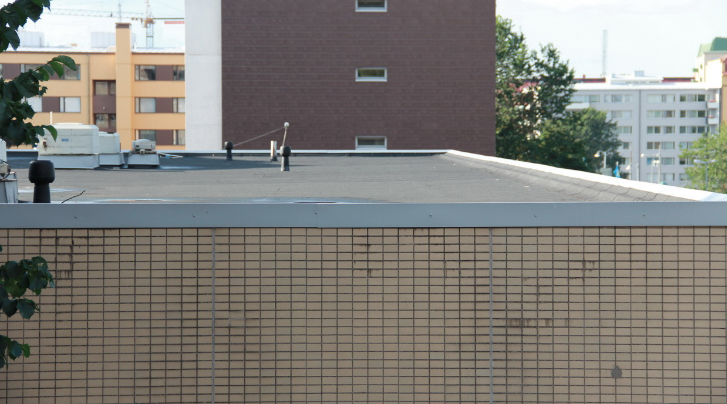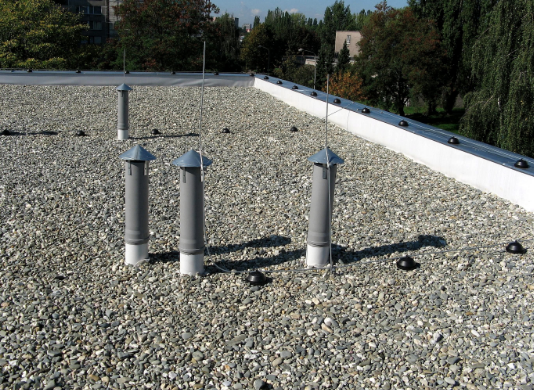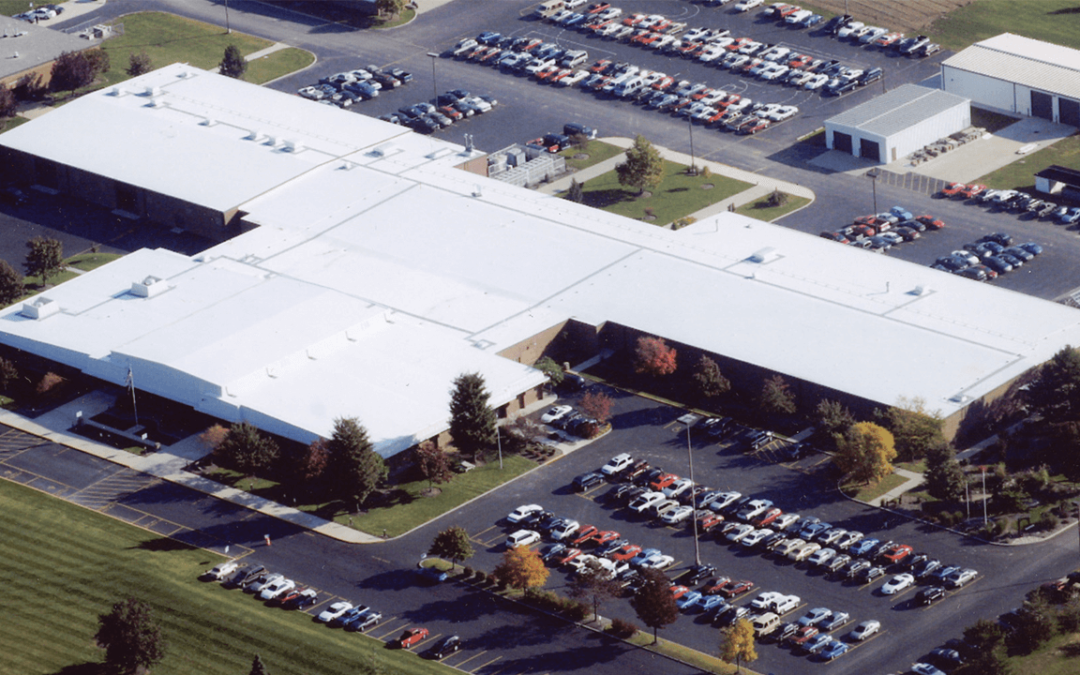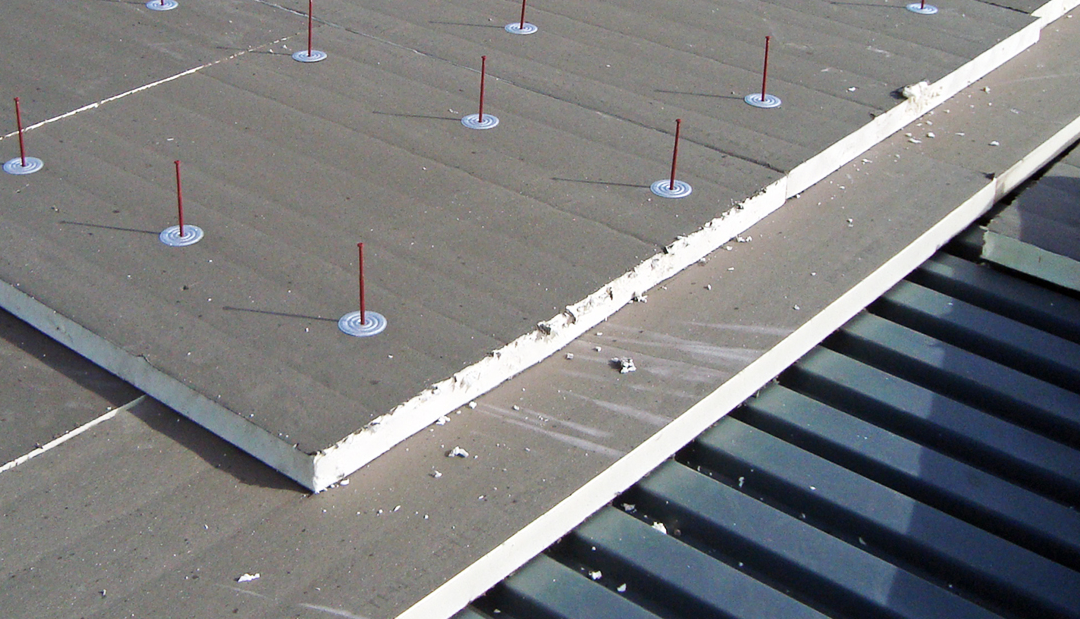Flat Roof Installation and Repair
Flat roofs are very common in commercial and industrial buildings. If you need installation for a flat roof, choosing the right contractor that works with you from conceptualization to completion will give your building the look and strength it deserves.
Single-ply systems have seen a rise in popularity over the last 20 years. These materials are readily available since they are factory-made. Single-ply systems come in a variety of colors, with the white options being preferable than the black ones, thanks to their reflective nature that keeps heat away from a building.
Single-ply roofing materials come in four types. Your technician can help you choose the best to install.
EPDM
EPDM is short for ethylene propylene diene monomer. This is a rubber roofing membrane created from recycled slate, tires, and sawdust. It comes in thicknesses between 45mm and 90mm. The membrane comes in rolls that professionals install on flat roofs using adhesive. These rolls come in overlapping sheets for insulation and to ensure air doesn’t leak.
EPDM is highly resistant to UV rays, corrosion from acids or alkalis, and abrasion. Rubber roofing materials gained popularity in the 1970s, thanks to their ease of installation compared to asphalt roofing.
PVC
PVC is a thermoplastic roofing material that offers excellent affordability and durability. PVC material is versatile and can be processed to create products with unique performance and characteristics. As a modular roofing material, PVC offers great durability. To make it more durable, manufacturers use two layers of plastic with polyester in between for durability. The layers also have additives to make the roof UV stable, flexible, and prevent curing.
TPO
This is a thermoplastic roof material that is among the fastest-growing flat roof materials. TPO is short for thermoplastic polyolefin, a thin single-ply roofing material. Although its name says it is thermoplastic, it is a rubber roofing material made from polypropylene and ethylene-propylene. The material is durable, reflective, and affordable.
It is easy to install and repair TPO roofs with adhesive. It can also be installed directly onto the roof deck or heat–welded around your chimney or any other protrusion. TPO is great at corrosion resistance and UV reflection.
Modified Bitumen
Modified bitumen is a blend of hot asphalt, plastic, and rubber. It is tear–resistant, thanks to its fiberglass and polyester strengthening layers. If your commercial or industrial building roof experiences so much foot traffic, modified bitumen might be a great choice.
There are many blends of polymer that make this rubber roof. Two of the most common polymers are Styrene-butadiene-styrene (SBS) and Atactic polypropylene (APP).
Installing or Repairing a Flat Roof
The success of a flat roof depends on the expertise of the roofing contractor who installs or repairs a roof. After installation or repair, your roof should last as long as the building. If you are lost for choice between the four flat roof materials, you need a contractor who can help you make the right choice. For more information, contact Champion Roofing.
.png)



